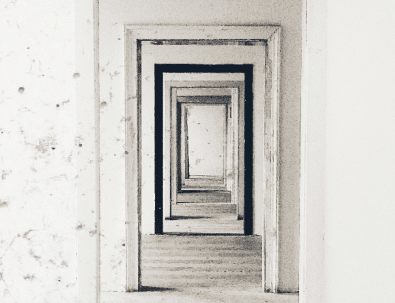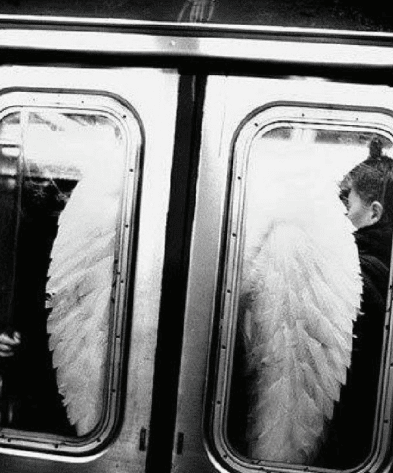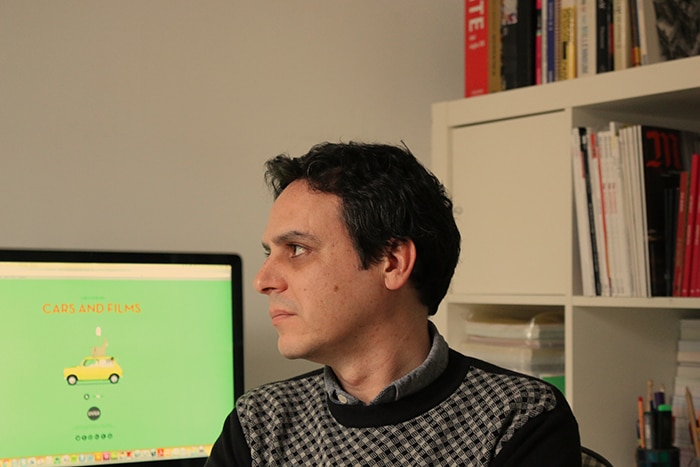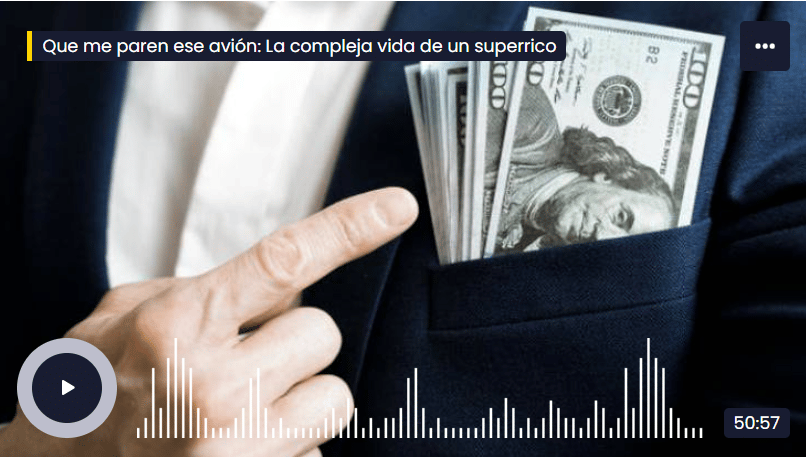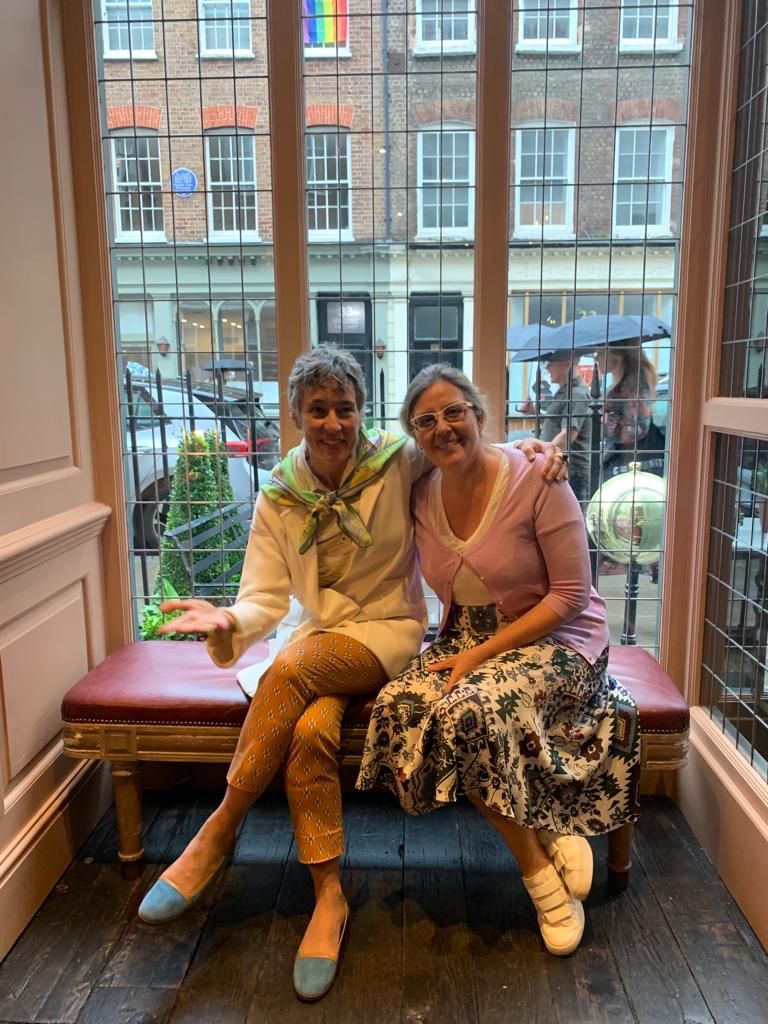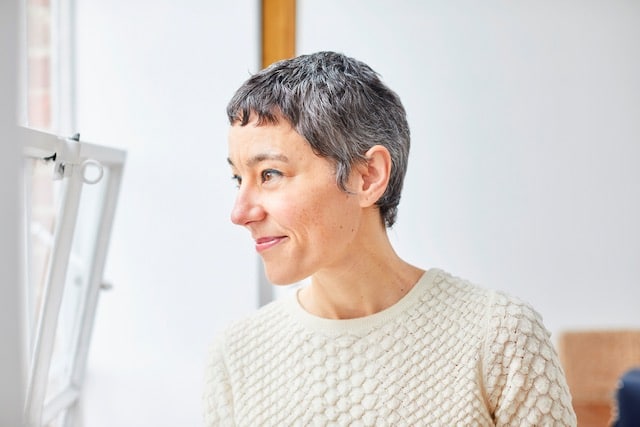Editorial The Lifestyle Institute | Author: María José Núñez | December 2022
As we all already know, the word ‘elite’ means belonging to a select minority. In other words, being part of a group that has a privileged status… something along the lines of “being a chosen one” within a certain environment, whether that be economical, political, business-related, sporting, musical, intellectual, etc.
(Sigue en español)
Up to that point, we all understand the concept of ‘elite’, which, in case you didn’t already know, comes from the French verb ‘élire’ (to choose). So, what does being elite really mean? Do we really understand what belonging to this group of people implies and what kind of pressure it carries with it? For most mere mortals, in analysing the crème de la crème we realise that it is not all about pomposity and, in reality, means some sacrifices that most likely outweigh all the honours and privileges that come with this position.
This takes us to our next point: Is it really worthwhile being part of the elite? Very few people truly know the answer to that question and probably keep it to themselves, thus prolonging the attractive mystery that living in those conditions requires.
However, going back to the origins of this reflexion, we want to understand what being elite really means. We therefore need to take into consideration that being a ballet dancer at the Bolshoi Theatre in Moscow, considered to be some of the best dancers in the world, is not the same as belonging to the political elite. Nor is the physical effort the same between an elite sportsperson and a supreme intellectual. Nor is the richest businessperson in the world the same a being an international popstar.
In reference to an article in the publication ‘Magazine’ in which they go behind the scenes of the omnipotent protagonists of the Russian ballet on their way to the grand prize: reaching the elite level. The word on all of their lips is “sacrifice”, which may sound like the antithesis to “privilege” and spells out the need to sacrifice time and even your personal life to become a great ballerina. But is this the only way to become successful and thus considered ‘elite’? In other words, the way your life will constantly have to be? A life full of honours, power, lavishness, but also sacrifice, dedication and unlimited effort.
Does being part of the elite therefore simply require determination, or also blood, sweat and tears? If we take a look at different social environments, we can establish certain characteristics that they have in common that lead people to be integrated in the distinguished ‘club’:
- Behind any sportsperson, musician, ballerina or elite artist there is a tenacity and persistence to want to be the best in their field and to reach excellence. The question that we want to put out there is: what comes next? Once you manage to join the elite, how do you maintain that? Does becoming elite motivate people as much as wanting to achieve it? In the book, ‘The Tightrope Walker’s Journey’ (‘El viaje del equilibrista’) by David Blay and Daniel Abad, a tale about balance in life, they analyse this topic in a very interesting and reflexive way, especially in the consideration of what comes after success.
- Absolute determination to be outstanding. The line between personal and professional life becomes blurred. They are ‘top’ in their area of expertise and that brings with it some consequences, which includes leaving aside some areas of life that would be better dealt with if they were not part of the elite. This is where the role of the Personal Angel comes in: managing complex lifestyles with high acquisition power, so that the individual – someone belonging to the elite- can dedicate their time to that which is truly important, the things they enjoy and the things that make them happy.
- All the effort, ambition and dedication required to become the best at something brings, at the same time, some concessions that are within the reach of very few – the ‘chosen ones’ we mentioned at the beginning. That’s what truly contributes to the term ‘elite’.
- These privileges are connected to power. That feeling of authority, wealth and superiority that reaching your own dreams can produce. The concept of being ‘superior’ (in the good sense of the word) in a certain environment.
- Influence in society. That power, aside from privilege, money and a quality of life above the rest, allows the ability to influence society in a greater measure than other people, precisely because of the level of preponderance and superiority acquired.
With the knowledge that we possess as Personal Angel, how can we contribute using our experience with the elite, what it’s like and how it all comes together? In the upper echelons, there are people with very different backgrounds, as with any other humans, but perhaps they are united in the fact that their existence is far from the simple, ordinary, or typical… In the end, the elite are a minority when compared to the rest of the population. Each ‘typical’ situation in daily life ceases to be so ordinary: for example, waking up (maybe you wake up each day in a different hotel), eating (in the best restaurants), doing sport (with a personal trainer), working (with several personal assistants and from anywhere in the world), taking family holidays in exclusive locations…
At this point, we could continue immersing ourselves even deeper inside the world of the elite and all that is required to exist within it, but just as when you dare to zip up your wetsuit and dive to the bottom of the sea, you can understand its beauty and what it would be like to live there for a few hours, but, unless we turn into sea creatures – or in this case, members of the elite – we won’t have ever have enough knowledge to understand exactly what life is like there. Well… maybe there is one person who understands what life is like for the elite: a Personal Angel, who, in the end, is there to lend them their wings whenever they may need them.
Copyright ©by Alberta La Grup
If you wish to re-print this article or photos, that’s fine. Just include the biography at the end of the article. Thank you!
Translation: Emily Benton
Photo: Pixabay
¿Qué se palpa en la élite?
Autora: María José Núñez | Barcelona, Diciembre 2022
La palabra élite, como todos sabemos, significa ser de una minoría selecta. Es decir, pertenecer a ésta es formar parte de un grupo con un estatus privilegiado… algo así como “ser de los elegidos” en un ámbito concreto, ya sea la élite económica, política, empresarial, deportiva, musical, intelectual, etcétera.
Hasta ahí, tenemos claro el concepto de ‘élite’ que, por si no lo sabías, proviene del vocablo francés ‘élire’ (elegir). Pero ahora bien… ¿realmente qué se palpa dentro de la élite? Y sobre todo, ¿conocemos qué implica pertenecer a esta noble categoría y la presión que ello supone? En la lejanía del resto de los mortales y analizando a la ‘flor y nata’ nos encontramos con que no todo es pompa y, de hecho, permanecer en ésta conlleva una serie de renuncias que, seguramente, compensen todos los honores y prebendas de contar con dicho posicionamiento.
Asimismo, ello nos lleva al siguiente planteamiento: ¿merece la pena estar en la élite? Esa respuesta sólo la tienen unos pocos y, seguramente, se la queden para sí mismos, prolongando el atractivo misterio que supone residir en esta condición.
No obstante, y yendo al origen de esta reflexión, queremos conocer qué se cuece en la élite. Para ello, debemos tener en cuenta que no es lo mismo ser un bailarín o bailarina del Teatro Bolshói de Moscú, considerados dioses de la danza, que pertenecer a la crème de la crème de la política. Ni supone el mismo esfuerzo físico ser un deportista de élite que un intelectual supremo. Ni ser el empresario más rico del mundo es similar a ser una estrella universal del pop.
Remitiéndonos a un artículo de la revista Magazine en el que muestran la trastienda de los todopoderosos del ballet clásico ruso, los protagonistas exponen lo que supone el camino hacia ese gran premio: llegar a la élite. Y en boca de todos aparece la palabra “sacrificio”, que puede que suene a antítesis de “privilegio”, y matizan la necesidad de sacrificar (valga la redundancia) el tiempo, e incluso, la vida personal para llegar a ser un gran bailarín. ¿Pero eso es sólo la ruta a seguir para conseguir el éxito, y por lo tanto, ser considerado élite, o más bien la línea que va a seguir constantemente su vida? Una vida plagada de honores, de poder, de agasajos… pero también de privaciones, entrega y esfuerzo sin límites.
Entonces, ¿estar en la élite requiere empeño, o también, sudor y lágrimas? Si damos un repaso a los distintos entornos sociales, podemos establecer ciertas características en común que conlleva el estar integrado dentro de este distinguido ‘club’:
- Perseverancia. Detrás de un deportista, músico, bailarín o artista de élite existe una tenacidad y un tesón por ser superior en su ámbito, por alcanzar la excelencia. La pregunta que dejamos en el aire es: ¿y que hay después de llegar a la élite? Una vez lograda, ¿cómo mantenerla? ¿motiva tanto llegar a la élite como haberla alcanzado? En el libro ‘El viaje del equilibrista’, de David Blay y Daniel Abad, una fábula sobre el equilibrio en la vida, se analiza este aspecto de una manera muy interesante y reflexiva, especialmente en lo que se refiere a qué sucede tras la obtención del éxito.
- Entrega absoluta en el marco en el que destaca. La vida profesional y la personal se difuminan. Es ‘top’ en el terreno que pisa y ello acarrea unas consecuencias, como son dejar de lado otras esferas de su vida que no siendo de la élite, quizás estarían ‘mejor atendidas’. Y ahí entra el rol del Personal Angel, gestionando vidas complejas, de alto nivel adquisitivo, para que su cliente -ese individuo situado en la élite- pueda dedicarse a lo que realmente le interesa, le gusta o le hace feliz.
- Todo este esfuerzo, afán y ahínco en adquirir la magnificencia en algo, comporta, a su vez, unas concesiones que sólo recaen en unos pocos, los ‘elegidos’ de los que hablábamos al principio. Y lo que da nombre este término, que es ‘élite’.
- Y estos privilegios van ligados al poder. Esa sensación de potestad, poderío y supremacía que produce alcanzar los propios sueños, ser ‘superiores’ (en el buen sentido de la palabra) en un ámbito concreto.
- Influencia en la sociedad. Ese poder, aparte de prebendas, dinero y un nivel de vida por encima del resto de los mortales, otorga la cualidad de influir en la sociedad en mayor medida que otras personas, precisamente por esa preponderancia y esa supremacía obtenidas.
Del conocimiento que poseemos como Ángeles Personales, ¿qué podemos aportar sobre nuestra experiencia con la élite, cómo es y cómo se anida allí? En las altas esferas residen individuos con biografías personales diferentes y únicas como sucede con cualquier ser humano pero, quizás, con existencias que se alejan de lo simple, de lo ordinario y de lo habitual… Al fin y al cabo, la élite es minoría respecto al resto de la población. Cada situación ‘corriente’ de la crónica diaria deja de serlo: como amanecer (puede que te levantes cada día en un hotel nuevo), comer (en los mejores restaurantes), hacer deporte (con un entrenador personal), trabajar (con varios asistentes personales y en cualquier lugar del mundo), hacer viajes familiares en lugares exclusivos…
Y llegados a este punto, podríamos seguir haciendo una inmersión cada vez más profunda de lo que hay en el interior de la élite y de lo que entraña habitar allí pero tal y como ocurre cuando nos ataviamos con el traje de buceo y nos adentramos en el fondo marino, llegaremos a comprender su belleza y lo que supone vivir así durante unas horas pero si no nos convertimos en animales acuáticos -en este caso, en élite- no llegaremos a tener el conocimiento suficiente como para saber cómo es la vida allí. Bueno… quizás sí existe esa persona que puede llegar a comprender lo que conlleva ser élite: un Personal Angel, que al fin y al cabo, está ahí para prestarle sus alas cuando las necesita.
Todos los derechos reservados ©by Alberta La Grup
Si quieres publicar este artículo o fotografía, está bien. Sólo debes incluir la biografía, autor y esta información sobre los derechos. Gracias.
Traducción: Emily Benton
Photo: Pixabay


